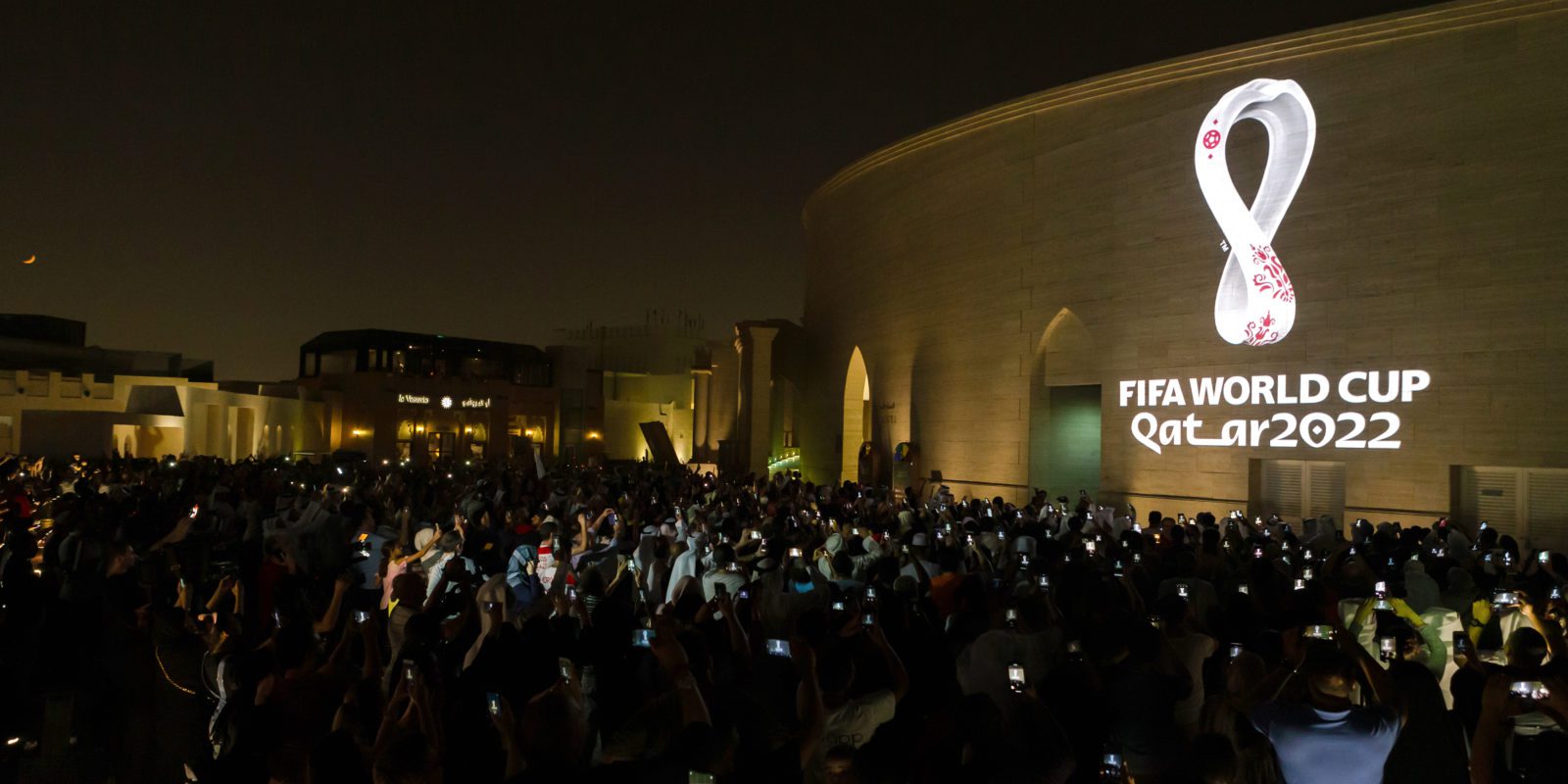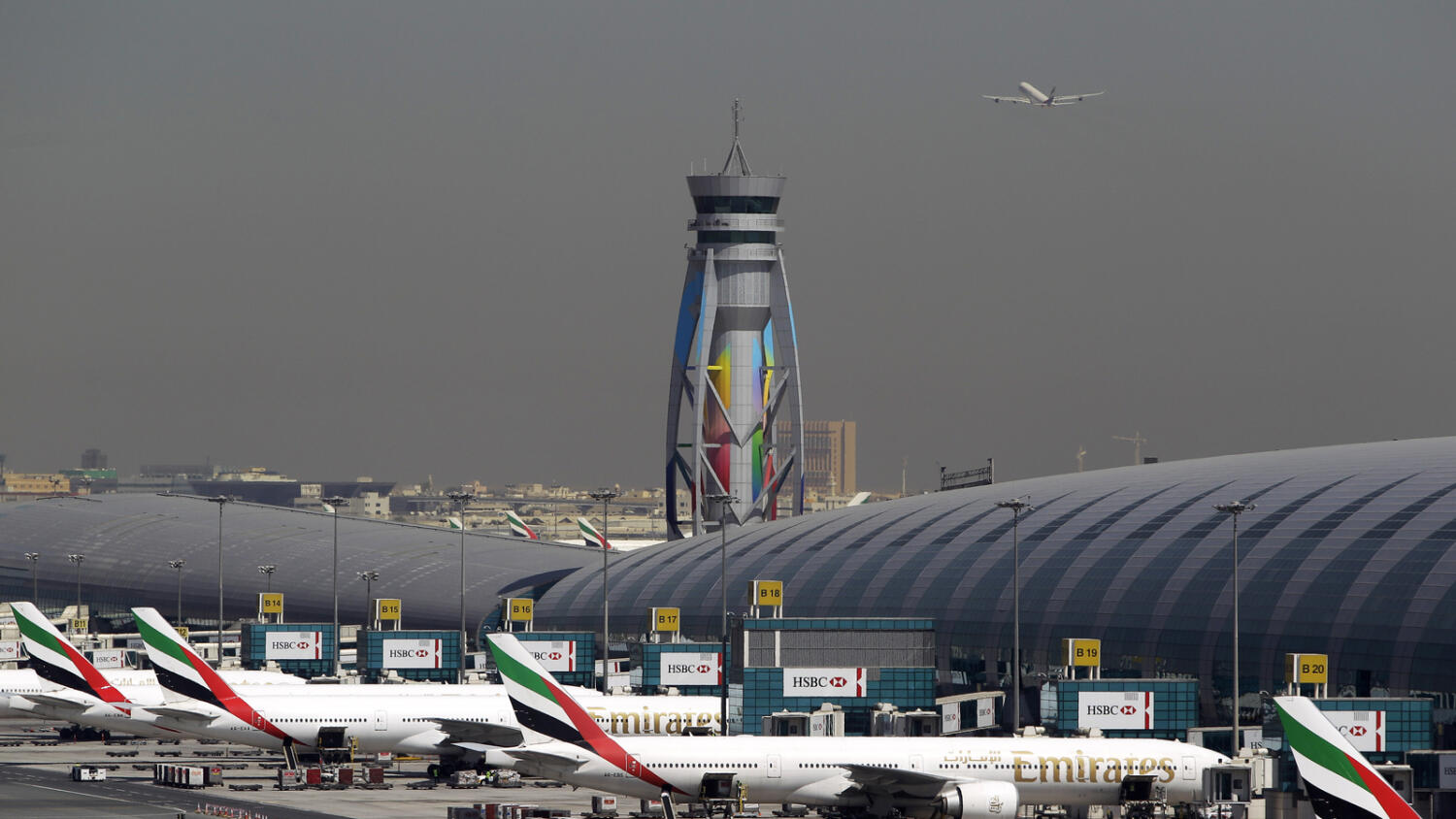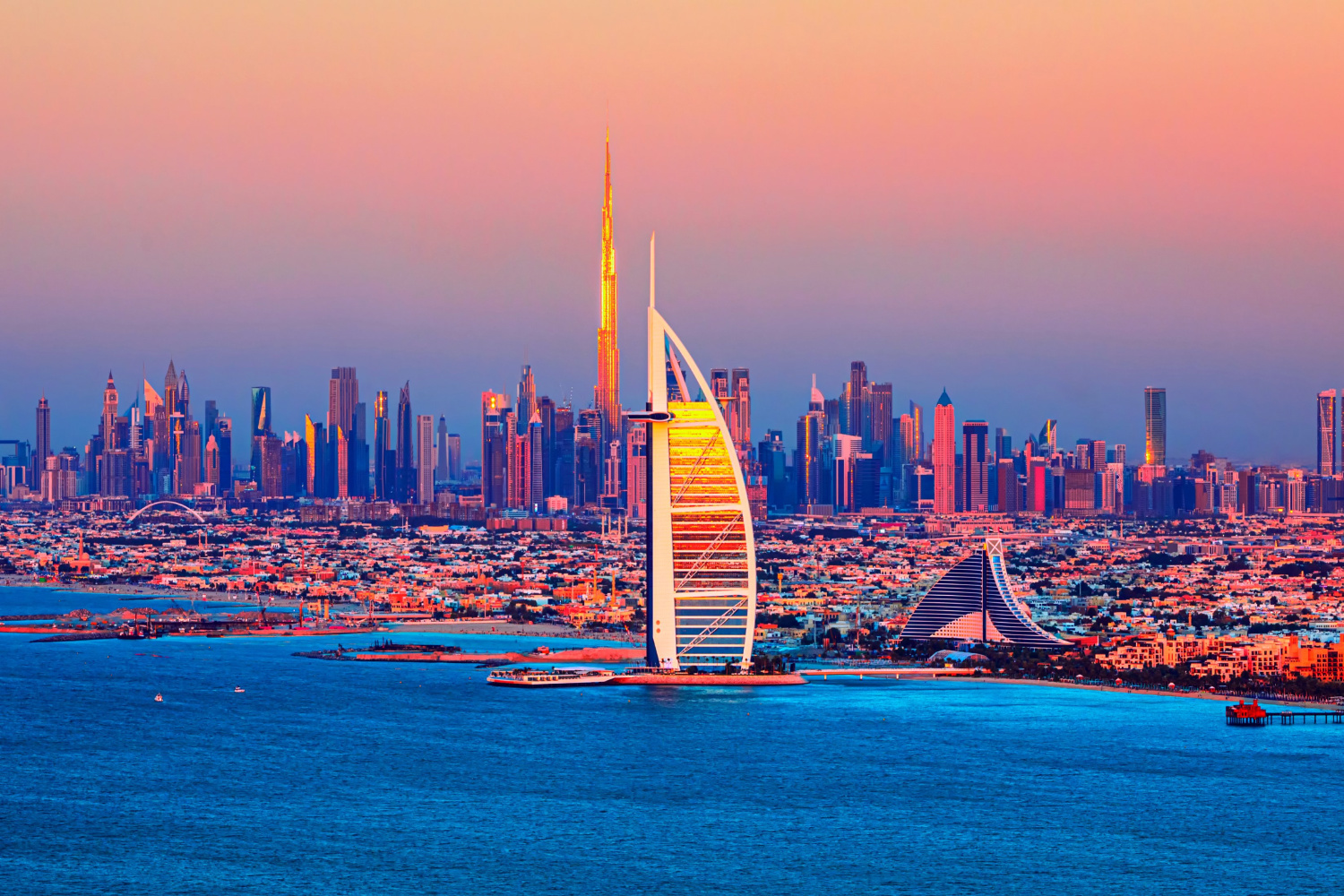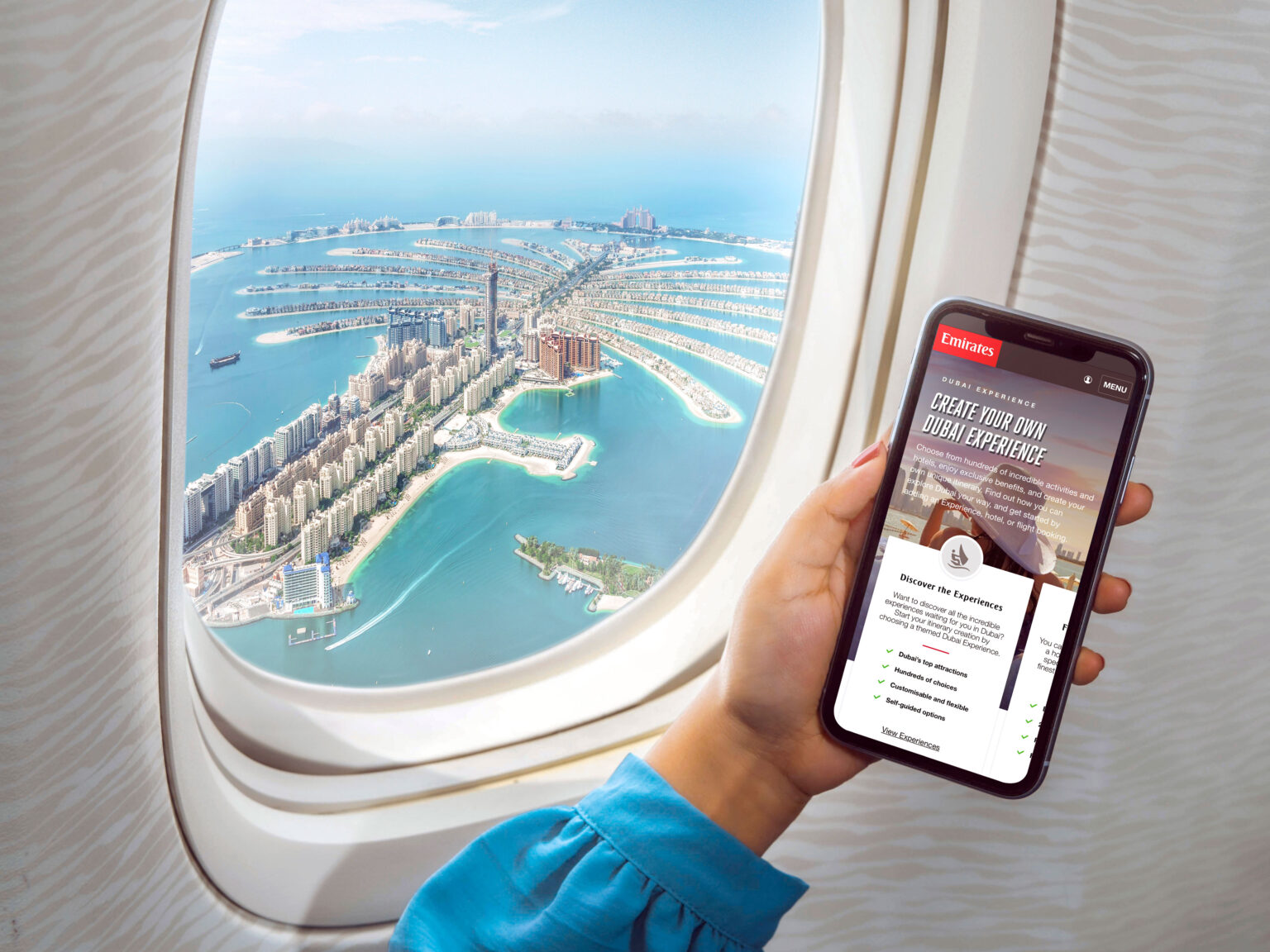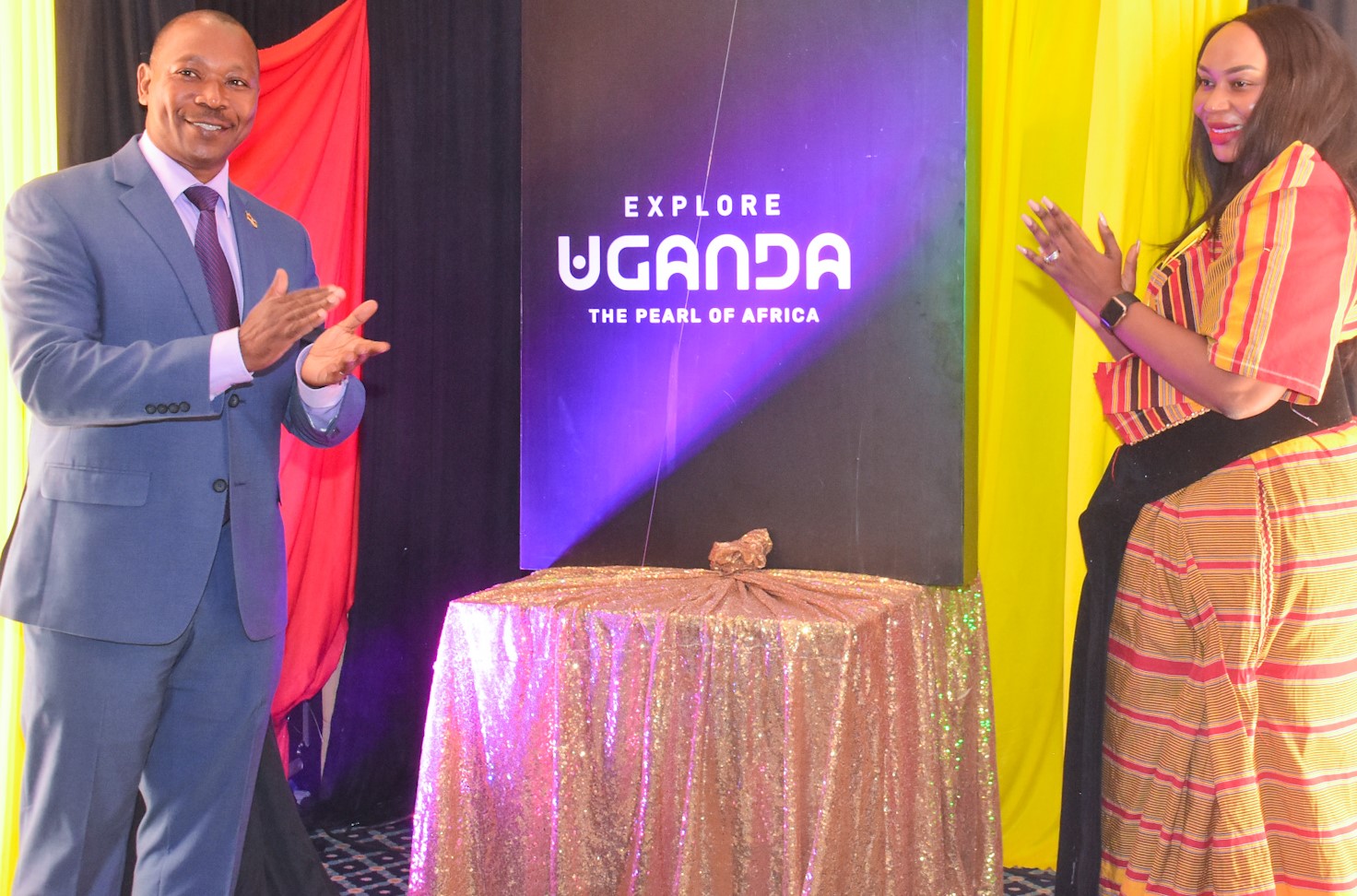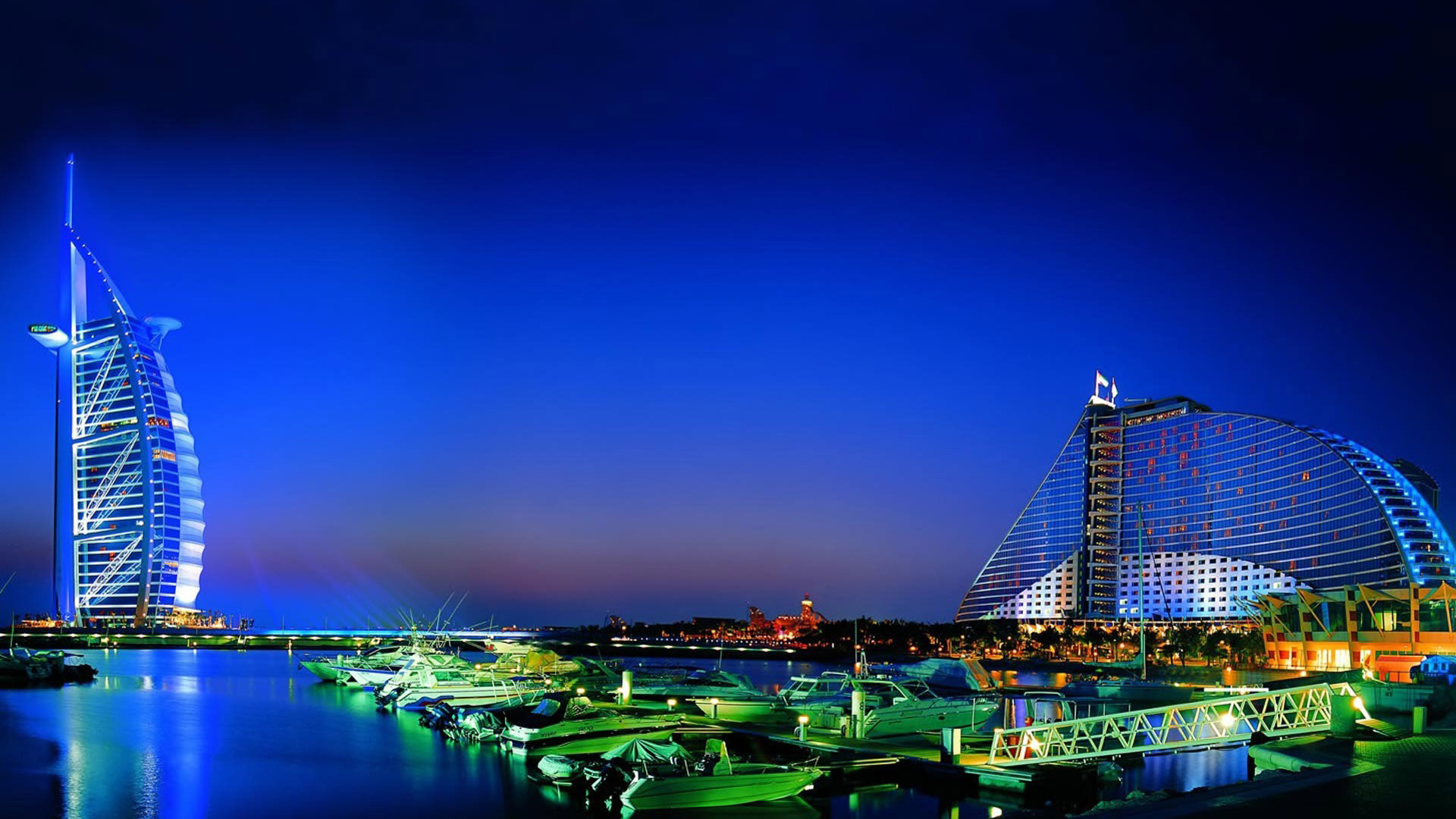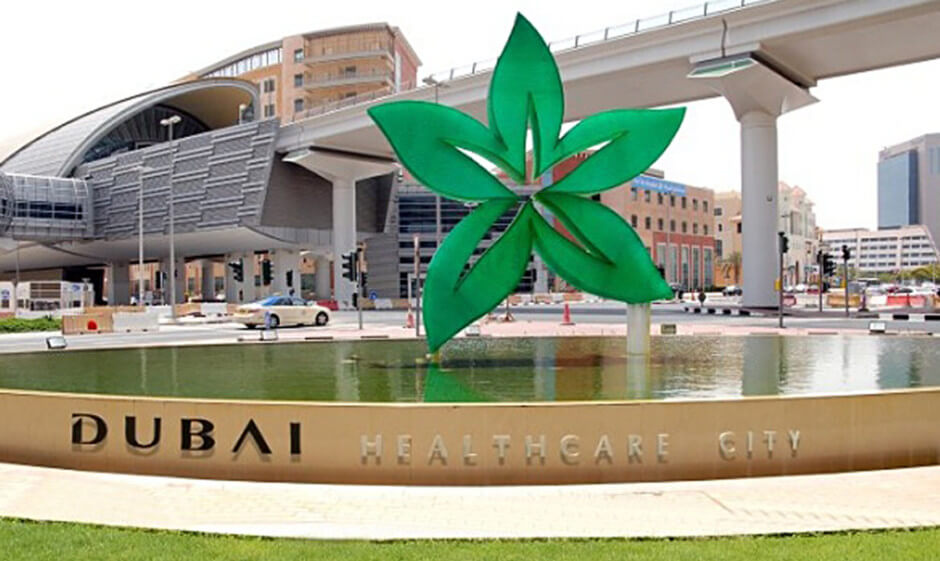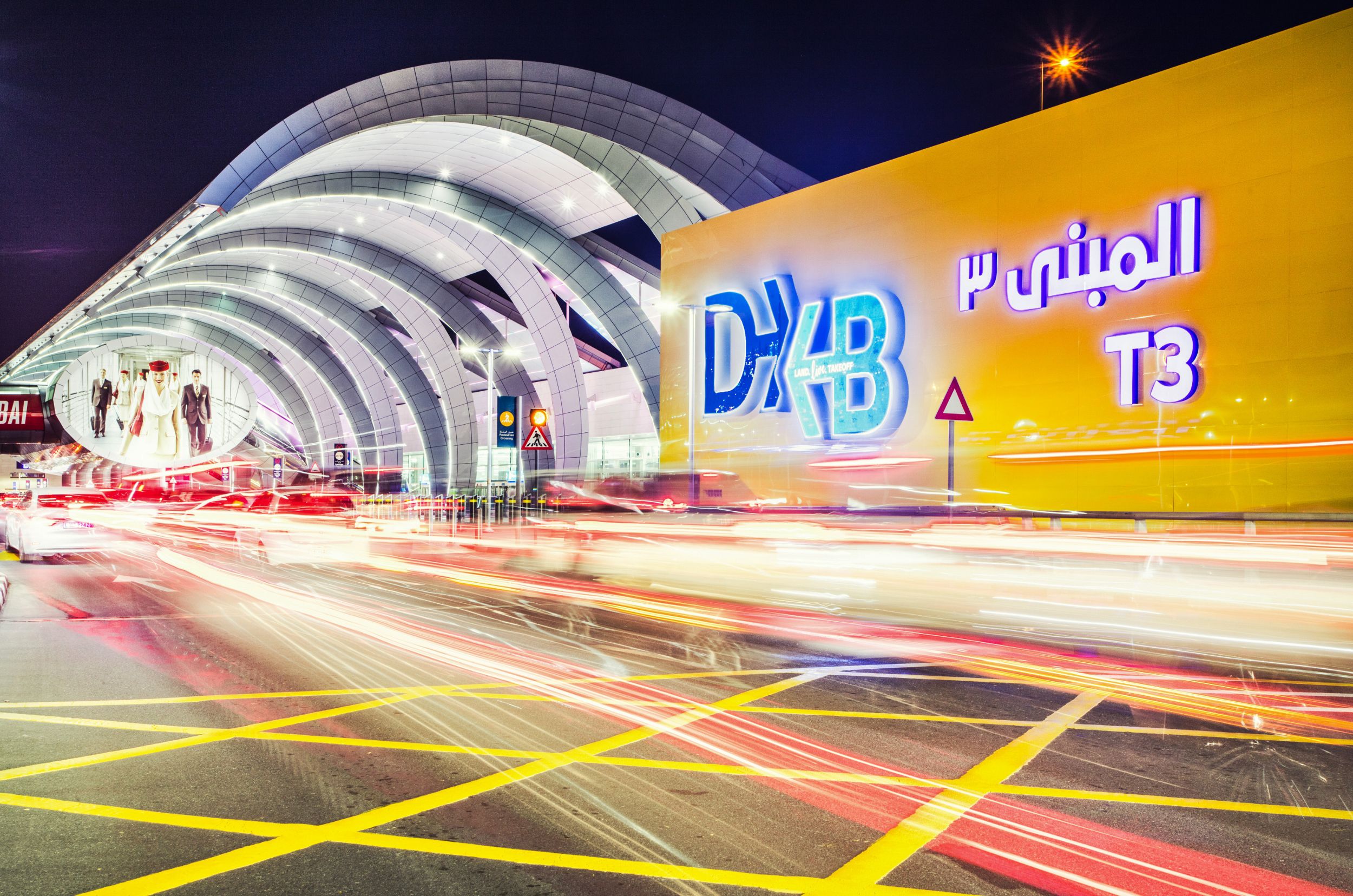Hoteliers across Dubai are seeing a surge in room bookings ahead of the Qatar World Cup 2022, with many expecting to be at full capacity during the football festival.
With less than four months to go before fans descend on the region, with many planning to use neighboring countries to Qatar – including the UAE – as a base to travel to and from tournaments, hotels are expecting a bumper spell in tourism.
As one of the UK’s largest hotel brands with a growing number of hotels in the Middle East, Premier Inn is gearing up for an influx of guests at its 11 properties in the UAE and Qatar.
Simon Leigh, managing director of Premier Inn MENA, told Al Arabiya English: “The World Cup, which falls during the peak travel season for inbound tourists, will be another boost for the tourism and hospitality sectors, and will further establish the UAE and the wider region as a world-leading destination for visitors from across the globe.”
He continued: “Premier Inn hotels will be a hive of activity – in terms of overnight accommodation and people watching the games at our food and beverage outlets – during the tournament. While the event itself is in Qatar, the UAE will be a key hub for fans, be they ticket-holders traveling on shuttle flights to the games or tourists and residents using the UAE as a base to soak up the atmosphere locally.”
He also said the company is seeing increasing demand for bookings at all hotels locations, including the recently opened Premier Inn Barsha Heights, where occupancy for the World Cup period is already at 70 percent.
“As always, there’s also a big appetite for our airport hotels in Dubai and Abu Dhabi, where guests are booking accommodation before their flight or for when they arrive in the country,” Leigh added.
Saad al-Ghamdi is complex director of sales and marketing for a host of Dubai hotels, including Le Meridien Dubai Hotel & Conference Centre, Le Meridien Fairway, Aloft Dubai Airport, Aloft Al Mina, Element Dubai Airport, and Element Al Mina.
These hotels are also preparing to welcome an influx of supporters.
“We’ve already seen a surge in room searches for November over recent weeks and we expect a large volume of ticket holders to base themselves in Dubai throughout the FIFA World Cup,” al-Ghamdi said. “With four of our properties being within such close proximity to the airport we’re confident we’ll see a rise in group and transient bookings for those who wish to use the match day shuttle services provided by regional airlines.”
Bumper boom in final quarter of 2022
Analytic firm Colliers in its latest MENA Hotel Forecast suggests a bumper boom for the tourism industry in the UAE during the final quarter of 2022.
Hotels in Dubai Creek and Festival City are expected to see the biggest increase in occupancy rates since 2021, up 19 percent to an estimated 77 percent for the year.
At Radisson Dubai DAMAC Hills, general manager Siddhartha Sattanathan expects events other than just the Qatar World Cup 2022 to lead to mass group bookings at the hotel.
“Besides the World Cup, we are also looking to capitalize on demand generated for other leading events tied to other sports like Golf, F1, & Rugby,” he told Al Arabiya English. “And let’s not forget that the month has traditionally always been one of the busiest months for inbound tourism over the years given the pleasant weather conditions that we enjoy.”
More than 1.2 million World Cup tickets sold
This week, organizers revealed that more than 1.2 million tickets have been sold for Qatar’s 2022 football World Cup.
The most recent phase of ticket sales, a random selection draw, closed at the end of April with 23.5 million ticket requests coming in largest numbers from Argentina, Brazil, England, France, Mexico, Qatar, Saudi Arabia, and the US, according to FIFA, world football’s governing body.
A total of two million tickets will be available during the 28-day tournament in November and December, said Hassan al-Thawadi, secretary general of Qatar’s Supreme Committee for Delivery and Legacy.
The next opportunity to purchase World Cup tickets will be on a first-come, first-served basis, but the date has not been announced.
World Cup qualification matches have now concluded and all 32 available slots for the tournament have been secured.
Qatar hopes to attract 1.2 million visitors during the World Cup, nearly half of its population.
Source: Al Arabiya News

